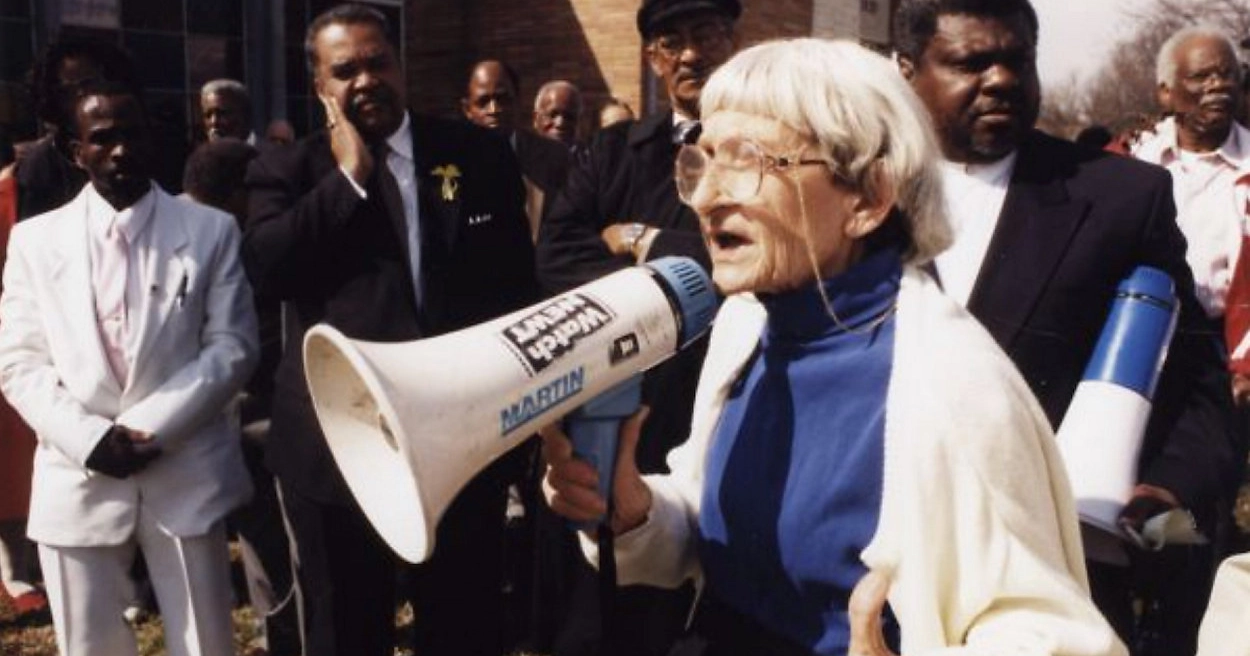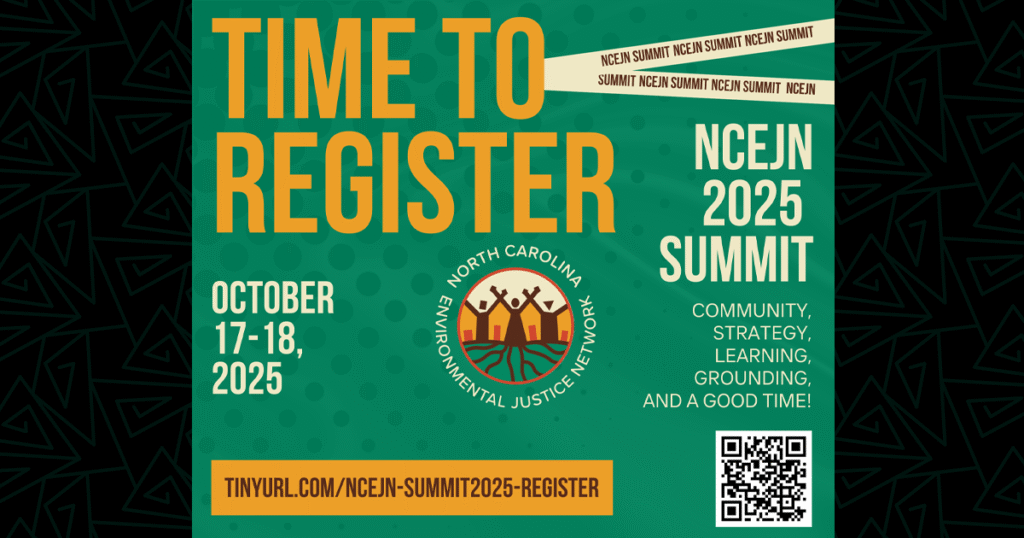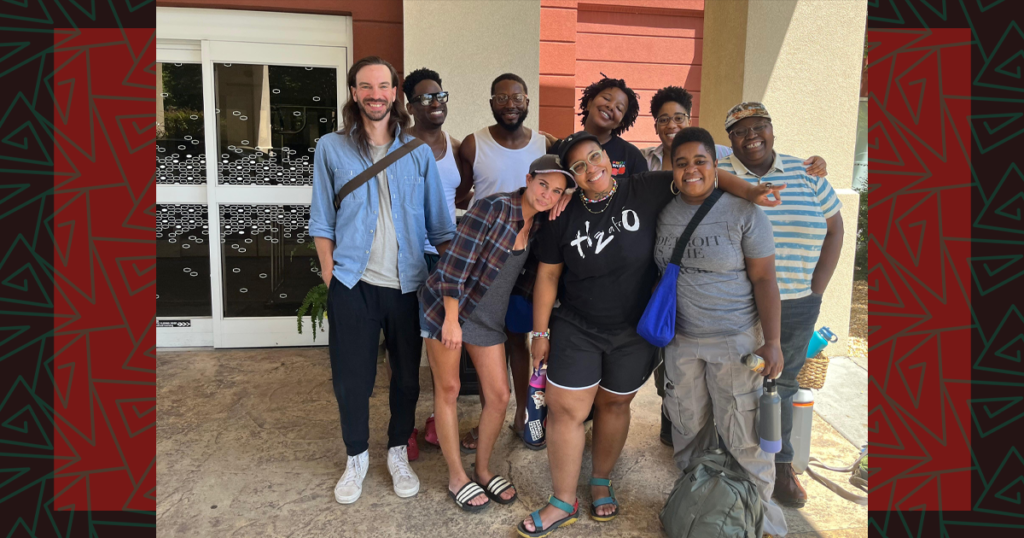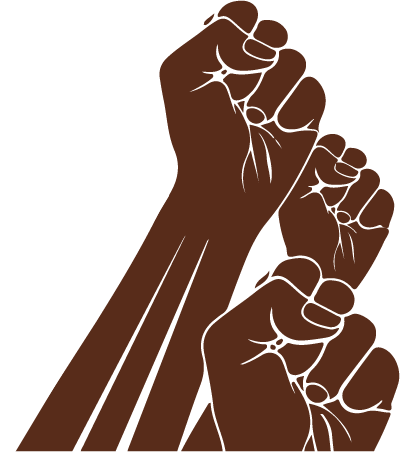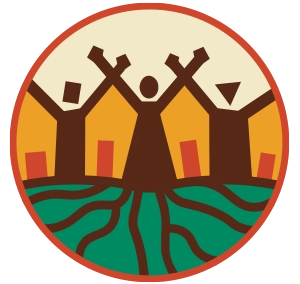yh Patt, J.D., Ph.D, long time activist in social & environmental justice
This year, I trained with the Anne Braden Program (ABP), which is an anti-racist training for white people. The ABP is focused on training U.S. southerners—especially working-class and impoverished-class people—who are organizing to build power. The intensive four month training focuses on leadership development, political education, and grassroots fundraising. NCEJN’s leadership structure and political education work exemplifies key elements of ABP’s approach to organizing for change.
Civil Rights leader Ella Baker was an organizer who worked to build organizations with group-centered leadership, rather than groups led by individual charismatic men. NCEJN’s leadership structure, Board, and community work is a current living example of Baker’s wisdom. A team of people of color with distinct training and deep experience lead NCEJN. Further, the organization backs community leaders. At NCEJN’s 2023 Annual Environmental Justice Summit, West Badin community leaders impacted by ALCOA’s toxic environmental racism testified about their lives and organizing work. In response, a leader from another NC community shared political strategy, based on their decades of organizing. That leader advocated for using multi-pronged strategies, which involve regulatory hearing structures but cautioned against wasting resources on that particular single strategy. With forums and technical support, NCEJN facilitates such conversations between community organizers.
In addition to facilitating meetings between community leaders in differing NC communities, NCEJN leaders have a history of international solidarity and political education. Decades ago, Naeema Muhammad, NCEJN’s current Senior Advisor, visited a Brazilian impoverished community targeted by corporations and drew connections to Palestine. In turn, as an organizer, Muhammad, educated her home communities in North Carolina about the linkages between environmental injustice around the world. Currently, the NCEJN Board and co-director Dr. Rania Masri continue NCEJN’s mission by raising consciousness about the centrality of Palestinian liberation for all people on earth. Both NCEJN and ABP approach their organizing with an internationalist lens.
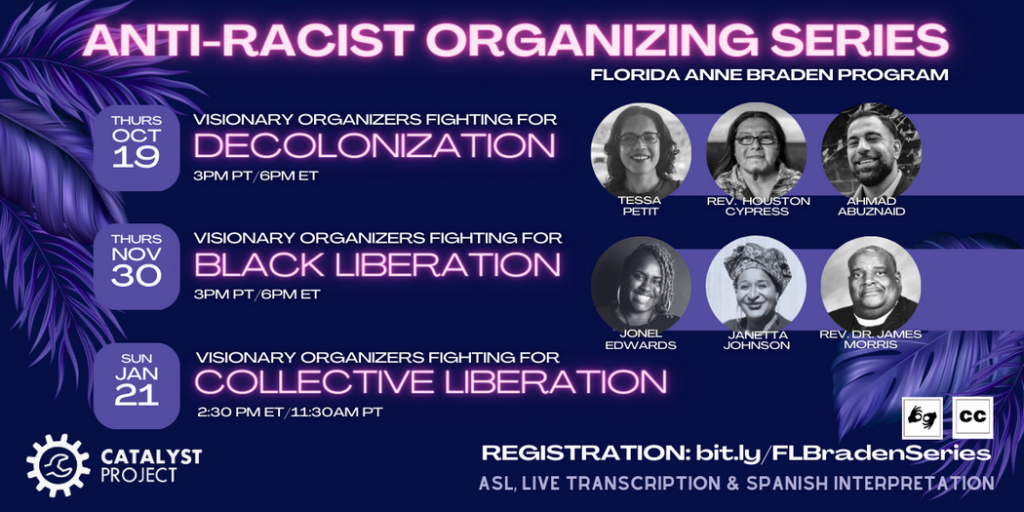
Further, this month, NC workers met at an NCEJN Quarterly meeting, where workers testified and held a Vigil for farmworkers who died on the job. Mexican farmworkers and African American restaurant and hotel workers shared realities about their working conditions and organizing experiences. Most recently, in July, a farmworker died from heat and barriers to drinking water. Importantly, the farm is owned by a NC state legislator, Lisa Barnes. Despite the horrific tragedies, due to organizing, one farmworker testified that some working conditions have improved in the last five years. Other participants emphasized that NC struggles are international anti-capitalist struggles. Thanks to NCEJN’s work, and Tilde Language Justice Cooperative’s simultaneous Spanish-English language interpretation, workers in different sectors had a rare and unique opportunity to meet, share stories, and organizing strategies.
Now to my opening sentence: “Why NCEJN?”The grassroots fundraising segment of my ABP training involved a project to move funds to an organization led by black, indigenous and/or people of color that focuses on organizing communities—not mere charity work that may maintain structures of racialized capitalism. Because of NCEJN’s mission, leadership structure, and work, I selected NCEJN. Don’t miss your opportunity to be with NCEJN people and communities in-person. Register to join us at the October 18-20, NCEJN annual Environment Justice Summit!
